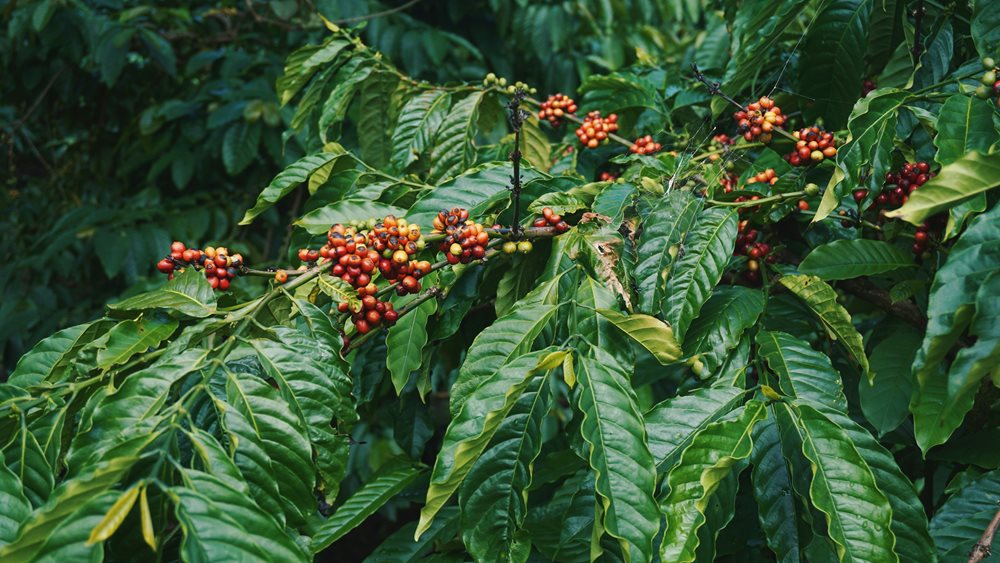Vietnam’s Ministry of Agriculture and Rural Development has launched a database system for coffee-growing areas in the country to verify that farmers comply with the European Union Deforestation Regulation (EUDR).
The ministry stated that the system, developed in partnership with a Dutch trade platform and a coffee and tea group (JDE Peet’s), aims to enable smallholder coffee farmers and exporters to comply with the EUDR, ensure continued access to European markets, and achieve long-term sustainability goals.
According to the ministry, the “Database System for Forests and Coffee Growing Areas” will provide a mechanism to track farming practices and forest management with precision. The system relies on detailed data such as land-use planning maps, cadastral maps, and production area details, allowing for accurate monitoring of forest management on coffee farms. It also offers reliable data for exporters and trading companies to expedite customs processes and reduce delays.
In a press release, the ministry emphasized that the new system focuses on aligning production with the EU’s strict traceability requirements under the EUDR, addressing short-term compliance and achieving long-term sustainability objectives.
Nguyen Do Anh Tuan, Director General of the International Collaboration Department at the ministry, said: “This system represents a significant milestone in Vietnam’s efforts to comply with the EUDR. The ministry is committed to playing a key role in expanding, updating, and maintaining the system to ensure it supports the coffee sector in meeting international standards.”
Vietnam is the world’s second-largest coffee producer, exporting approximately 1.45 million tons of coffee in the 12 months ending in September 2024, according to the Vietnam Coffee-Cocoa Association. The European Union is Vietnam’s largest coffee export market, accounting for 38% of export volume and 37% of export value, amounting to around $2 billion.
The EUDR requires companies importing products into the European Union, including coffee, cocoa, palm oil, paper, and wood, to submit due diligence reports confirming that imports have not contributed to deforestation anywhere in the world after December 31, 2020.
The regulations were initially set to take effect on December 30, 2024, but the European Parliament granted a 12-month extension to provide farmers with additional time to comply.
Kaj van de Vorstenbosch, a climate official at the Dutch Ministry of Foreign Affairs, stated: “The effective implementation of the EUDR in Vietnam is crucial to ensuring access to European markets while promoting sustainable, deforestation-free production. Developing the database system is a vital step in this process, offering a comprehensive solution that supports transparency, smallholder inclusion, and cost-effective compliance.”
Although the system was initially developed for the coffee industry, Vietnam’s Ministry of Agriculture and Rural Development plans to utilize its flexibility to expand its coverage to other commodities, such as rubber, pepper, and cocoa, in the future.
